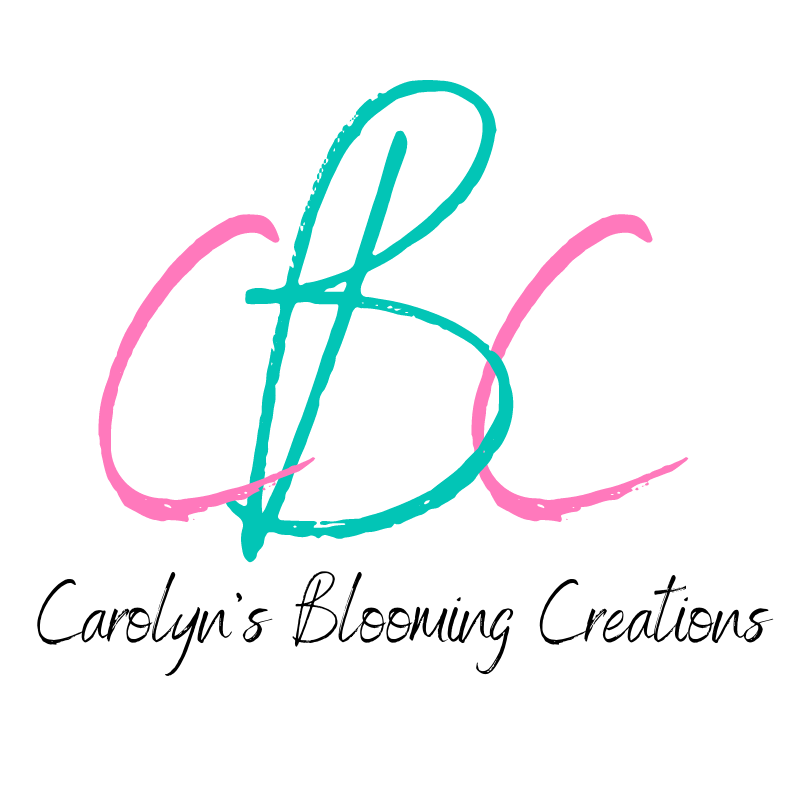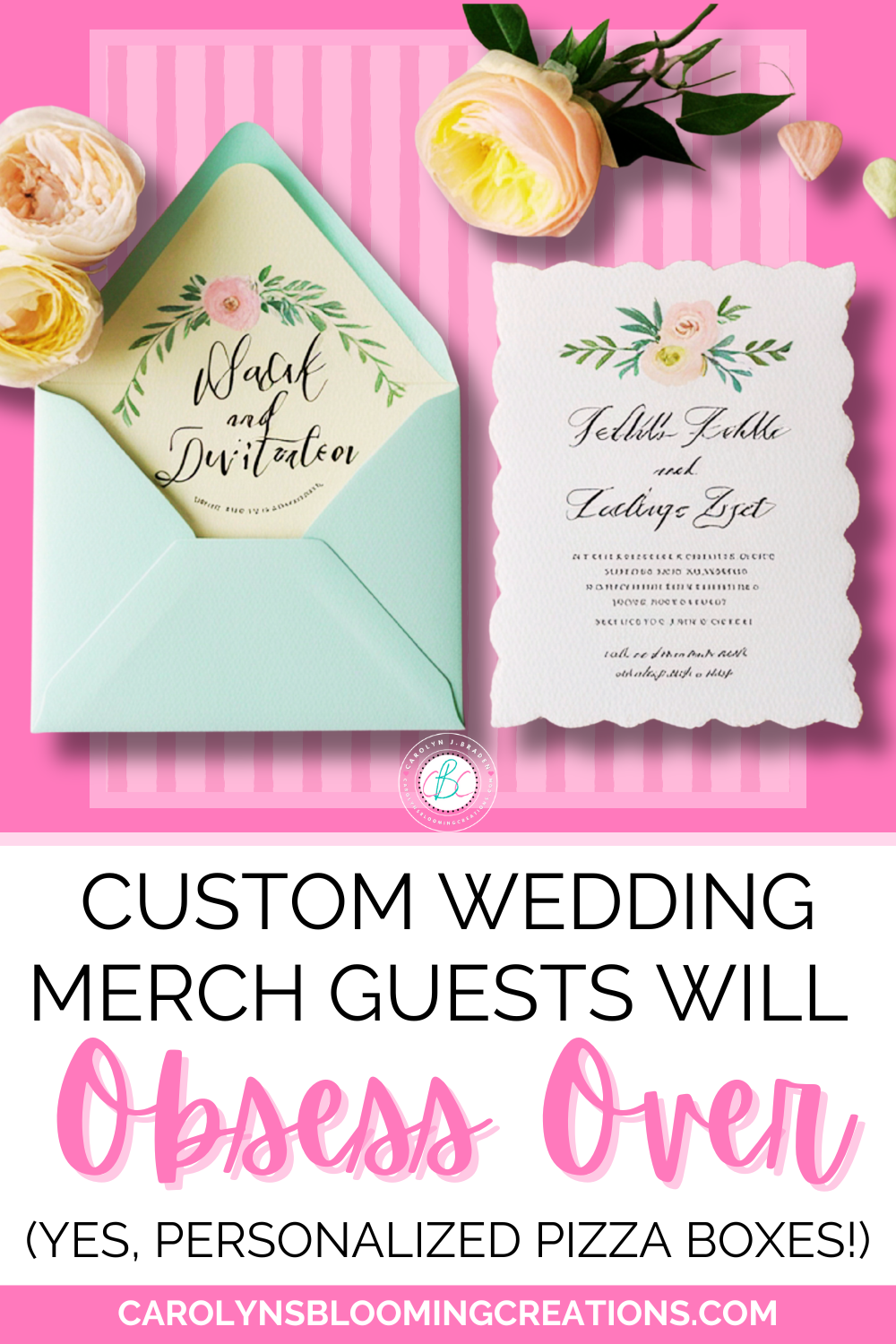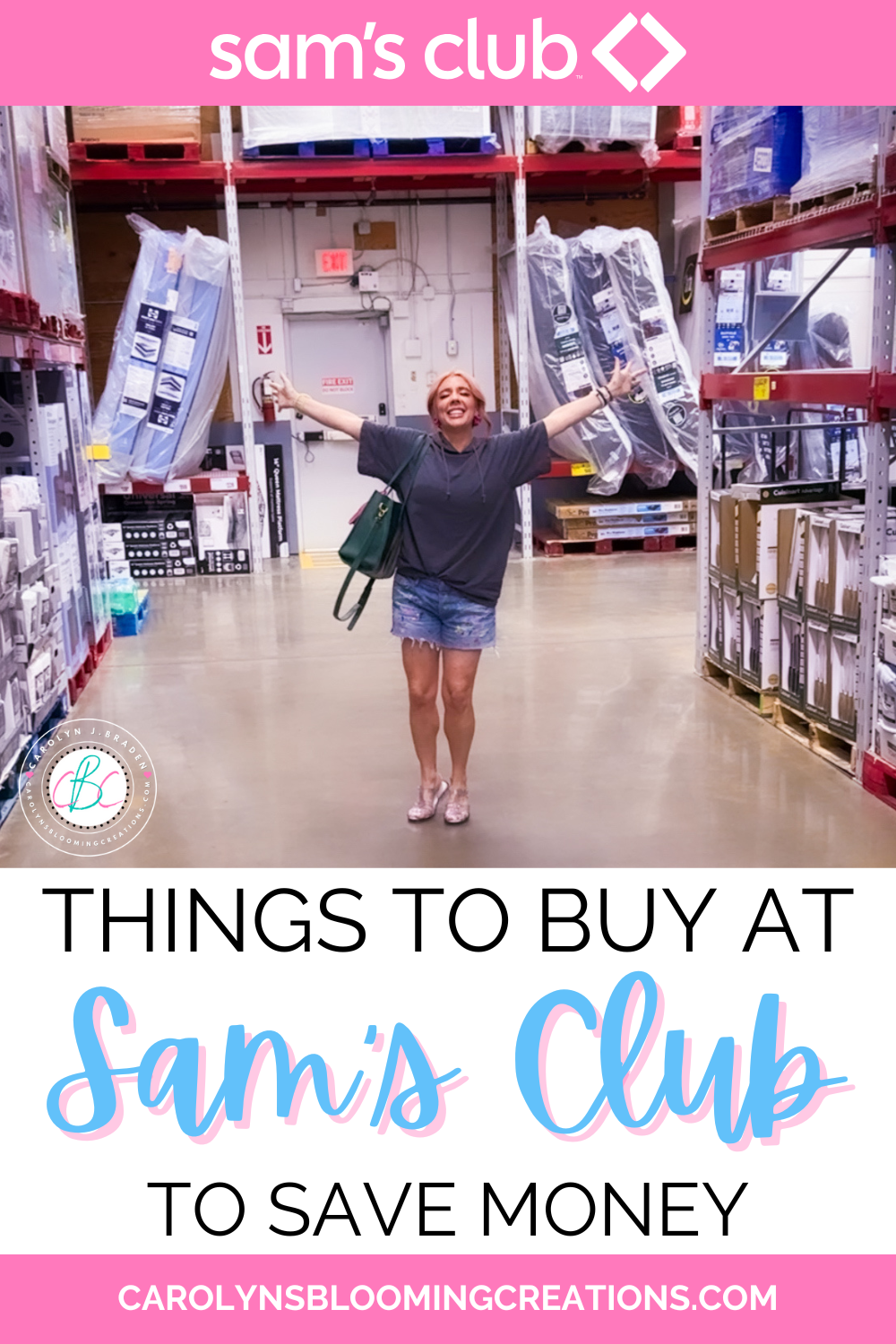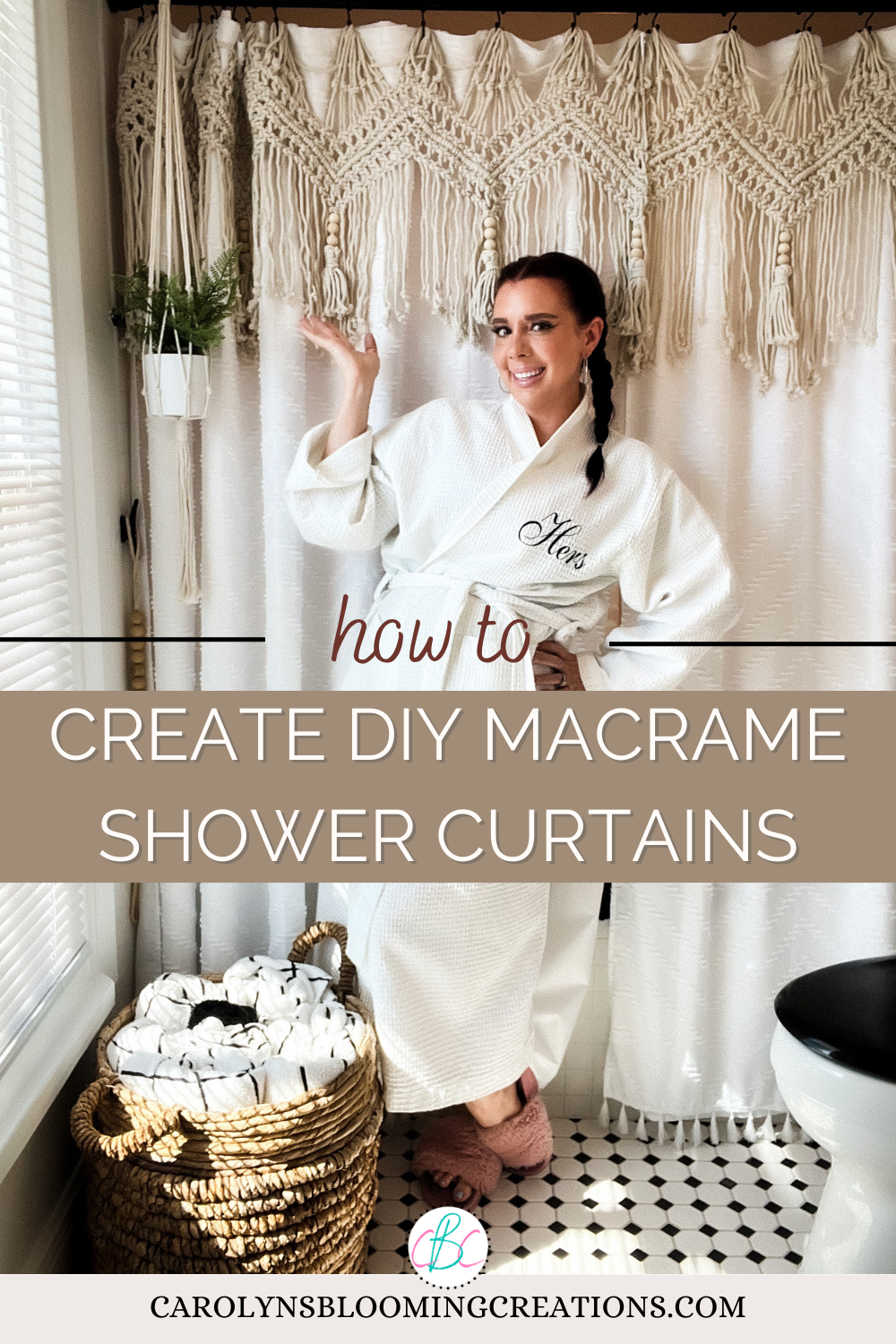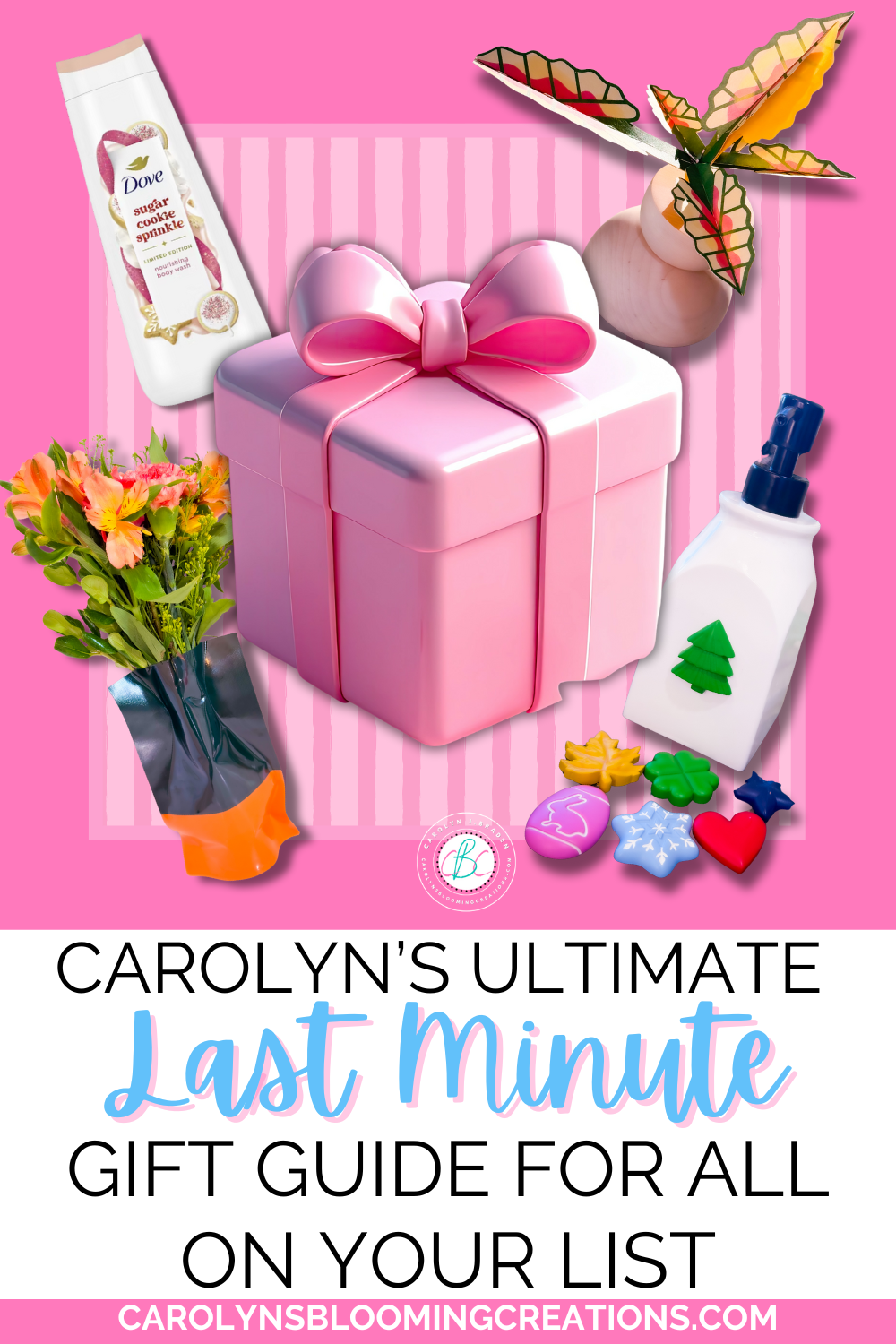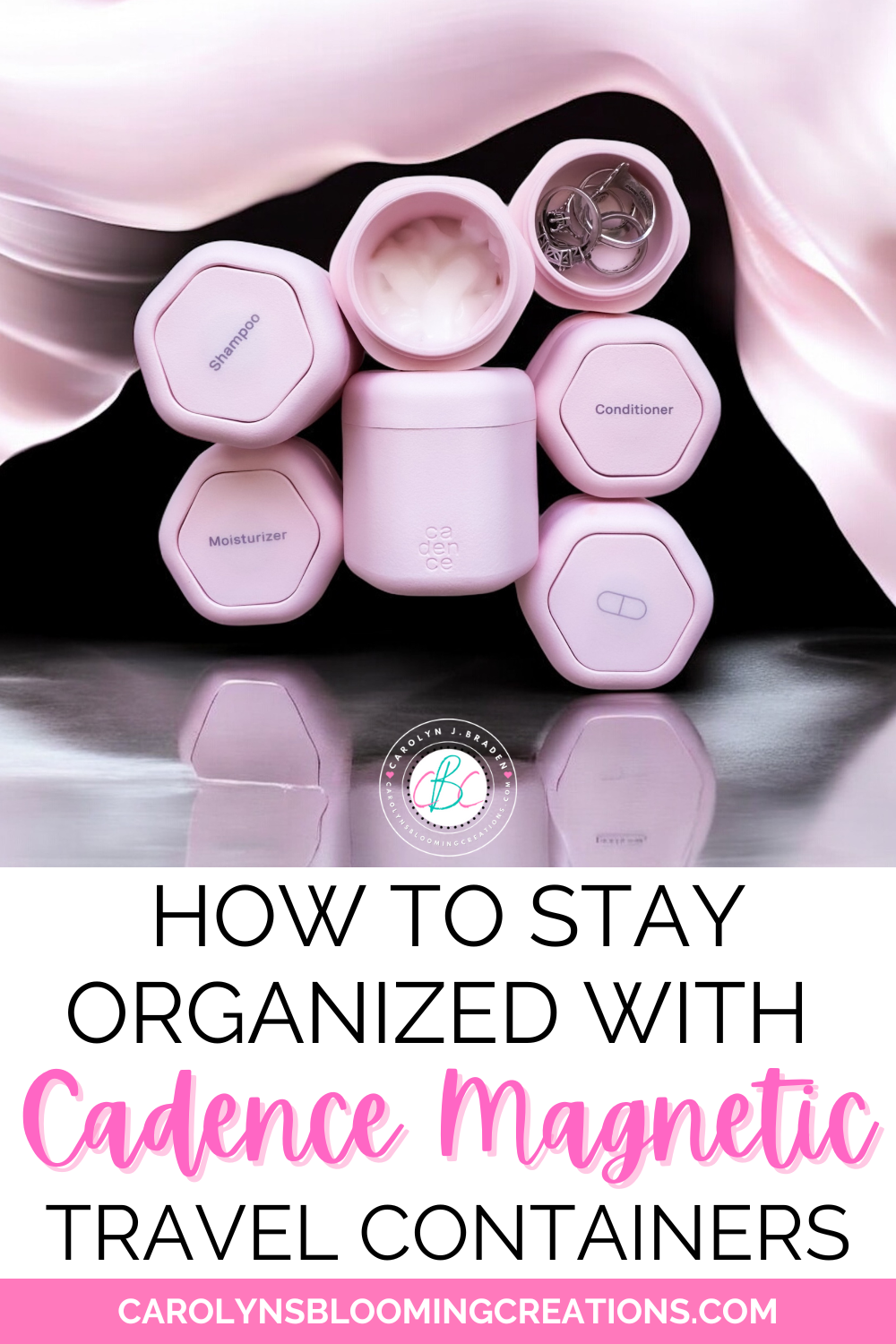Carolyn J. Braden • 3 Minute Read
What Your Cleaning Style Reveals About You
There’s a silent language in your home that doesn’t come from your walls or your words—it comes from how you clean. Or don’t. Behind the sparkling countertops or the pile of laundry that’s been “airing out” for a week, there’s a psychological pattern at play. Aesthetic choices are never just visual—they’re personal. Your approach to cleanliness isn’t just about hygiene; it’s a form of self-expression, a coping mechanism, a quiet rebellion, or even a search for peace.
No one’s cleaning routine is just about dirt. It’s about control, identity, time, emotion. And maybe a little bit of inherited guilt from your mother.
Cleaning a car window can even give you satisfaction if you like cleaning
1. The Monastic Minimalist: Cleanliness as Control
If your home looks like a Muji catalog, complete with alphabetized spices and folded fitted sheets (a dark art), you’re not just clean—you’re curating calm. For you, clutter equals chaos. Your cleaning style is meticulous because your mind craves order.
People like you often clean as a form of self-regulation. Wiping down surfaces isn’t just maintenance—it’s meditation. You might find it hard to concentrate with visual noise around you, so your home becomes a sanctuary of quiet design and intentional space.
Psychologically, this can point to a strong need for predictability or control, particularly if other aspects of life feel uncertain. And aesthetically? Your home likely gives off that enviable “effortlessly peaceful” vibe. Just don’t look inside the junk drawer. (Yes, you do have one. Everyone does.)
Sweeping can be meditative
2. The Whirlwind Wiper: Organized in Chaos
You don’t have a schedule—you clean when you feel it. Maybe at 2 a.m., maybe once a month, maybe when someone says they’re “on their way.” There’s a method here, but it’s emotional, not linear.
For you, cleaning is reactive. It’s tied to mood, motivation, or moment. You might suddenly deep-clean the entire kitchen while procrastinating on a work deadline. Or clean furiously after a breakup. This isn’t laziness—it’s energy redistribution. Psychologists say this style can be a sign of a highly creative or emotionally intuitive person. You follow your rhythms instead of routines.
Still, when you do clean, you clean deep. You might not notice dust daily, but you’ll go full exorcist on tile and grout cleaning when the time comes. That intensity shows care—it’s just on your terms.
Using fun colored cleaning tools can make cleaning more fun
3. The Hidden Mess Master: Out of Sight, Out of Stress
At first glance, your place looks tidy. Sofa fluffed, floors vacuumed, even a reed diffuser that smells like a Swedish forest. But open a cabinet, and it’s Jumanji in there. You’re the kind of person who needs visual peace but doesn’t have the bandwidth to make it all actually organized.
This is a common psychological compromise. You’re managing competing priorities—internal calm vs. real-world chaos. In design terms, your space might lean toward warm minimalism: soft lighting, cozy textiles, a sense of controlled effort. But inside those drawers? A goblin of mismatched cables and unsent holiday cards.
This doesn’t make you disorganized—it means your brain needs visual cues to feel settled. You clean for the feeling, not the function. There’s a lot of genius in that.
Having compact cleaning supplies is great for small living spaces
4. The Reluctant Realist: The “Lived-In” Truth Teller
You are not pretending. Your home looks like people actually live there, because… they do. There are dishes drying by the sink, shoes kicked off at the door, a sweatshirt draped over the chair. Your cleaning style is pragmatic. You tidy when needed, deep-clean when necessary, and in between, you live your life.
This approach is grounded and emotionally healthy. You don’t seek perfection; you seek function. You’re probably the friend others feel comfortable around—because your home feels like an honest space. Not performance. Not Pinterest. Presence.
There’s a quiet confidence in this. Psychologically, it suggests you don’t attach your self-worth to appearances. Or maybe you once did, and now you’ve evolved past that. Either way, your space tells a story of balance.
I keep brooms on each level of our home for quick cleaning
5. The Ritual Cleaner: It’s Not About Dirt—It’s About You
You light a candle before you mop. You put on a specific playlist to scrub the bathroom. Maybe you even have a “cleaning outfit.” Cleaning, for you, is an act of ceremony. It’s symbolic. It marks a transition—from weekday to weekend, from one emotional state to another.
We have used a UV flashlight to see things we missed when cleaning. See our hack in our less than 1-minute video below or via our YouTube channel @carolynjbraden:
This style of cleaning is deeply personal and often spiritual. It’s less about bacteria and more about energy. You might cleanse your space after a tough conversation or before starting a new project. And you probably pay attention to the aesthetics of your cleaning tools (yes, you own the “good sponge”).
Psychologists call this “ritualization”—a way to reduce anxiety or increase focus through repetitive action. It’s why monks sweep temples that are already spotless. For you, cleaning is self-care with a broom.
I like to make some of my own cleaning solutions for natural home care
So, What’s Your Home Really Saying?
Your cleaning habits are not just tasks. They’re tiny declarations of who you are, how you feel, and what you need. Whether you scrub to soothe, clean in chaos, or maintain a museum-level gleam, there’s meaning behind the mop.
We tend to judge ourselves (and others) harshly when it comes to how clean a home should be. Instead, ask: What is this telling me about how I cope, how I live, and how I create comfort? There’s no one right way. There’s only your way, even if that way includes a pile of unfolded laundry that somehow, weirdly, sparks joy.
Carolyn J. Braden is the owner of Carolyn’s Blooming Creations is a regular contributor and editor for CBC. She has been featured in numerous media publications such as InStyle Magazine, on HGTV, on Bustle.com, and more. She is the author of the books Georgia McMasters in Amethyst Lake Cemetery, How To Be Yourself: 3 Ways To Help You Being You, and the illustrator for the children’s book Bridging Connections. She is a former classroom teacher that now dedicates her life to educating others on how to live their most healthy, creative and happy life. Learn more about her visiting our About Us page.
This is a collaborative post and may contain affiliate links. All opinions and ideas expressed in this post, however, are based on my personal point of view.
